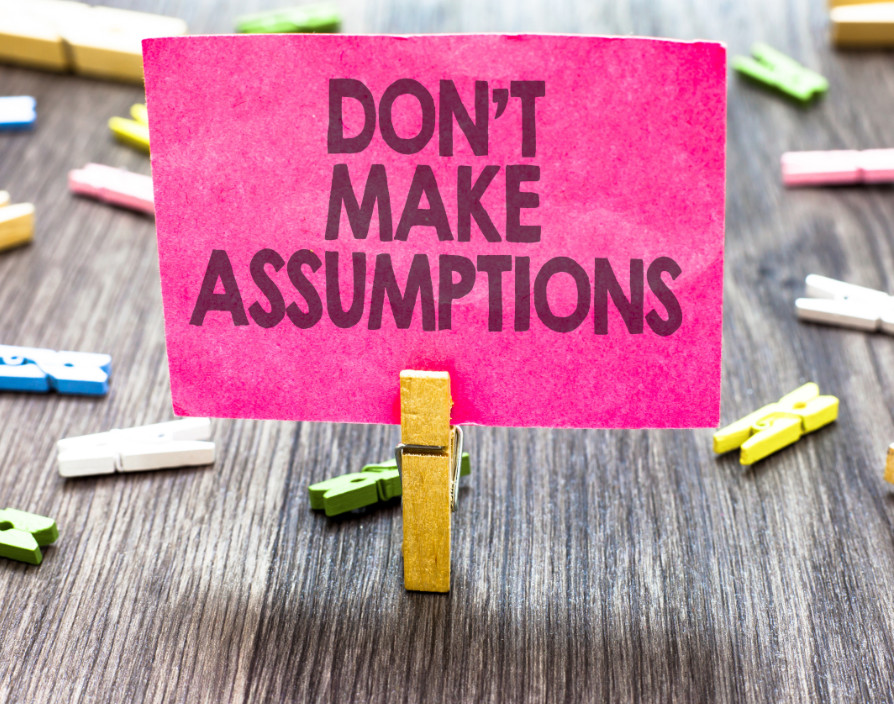What does it mean to scale up ‘responsibly’? And why is it so important?
To scale responsibly, you need to plan how to take account of your stakeholders, your customers and your supply chain as you expand. Lots of organisations can experience big growth spurts, but if they don’t build a solid infrastructure in a timely way, then that growth becomes unsustainable. As a result, things like service start to deteriorate, and if you’re in an industry where service is key, then that becomes a big problem.
What tangible actions can businesses take to achieve sustainable growth?
You can achieve sustainable growth, as long as you focus on building your infrastructure and remembering the values that got you there in the first place. Businesses should be asking ‘what are the big-ticket items that are going to facilitate the right kind of growth?’
Clearly environmental sustainability is going to be important, and organisations are increasingly going to have to build their brand around this. That includes understanding how their supply chain impacts those credentials.
Businesses will need access to insights that help them understand their markets and their customers, to tailor their service and proposition. Data continues to be a big driver in terms of getting that analysis and understanding.
The other key point is automation. If you can start to automate activities that don’t add value to your customers, you can focus on those things that need a human touch and do add value.
Can you give us any example of what good customer service should look like?
Great customer service means going beneath the surface to find out what’s really causing an issue, rather than just moving the customer along. At SSE Business Energy, if a customer calls to say ‘my bill is higher than expected’ our advisors don’t just look at the surface causes, like price. They go a step further. Our data products allow us to look at consumption, and if it’s increasing steadily over time, or has experienced a sudden spike, we can help customers understand what’s causing it. It could be a change at their business premises, like a new technology. We’ve saved businesses money by identifying these issues and helping them take action.
What have your years of experience taught you about businesses that don’t scale responsibly?
That eagerness to grow as fast as possible is common, but don’t forget to build a foundation as you do. If you don’t grow responsibly, you won’t satisfy your customers who, ultimately, won’t pay their bills. These days customers are discerning, and they will shop around if your service fails to deliver.
How has the energy industry changed in the last ten years?
Massively. Over the course of the industry’s development, customers have become more important: historically, it didn’t matter what service suppliers provided or what products were offered, because it was a monopoly. Now there are a lot more products, a lot more competitors, a lot more segmentation and niche offerings…and offering a tailored service is a core part of that proposition.
Investment in systems, digital capability, insights and analytics is also driving ongoing change, and helping the industry understand the customer journey and how to make it better. It’s now much more than ‘I need gas and electricity’. It has become about service, response to queries, sustainability, carbon credentials – essentially all of those things that go into the customer’s decision-making process.
What’s your advice to businesses trying to grow in today’s disruptive business landscape?
Disruption and change bring a lot of benefits, but you shouldn’t lose sight of the customer. Don’t get carried away with following the pack: speak to your customers, hear first-hand what they want, and never stop asking them questions about how they feel about your service and product.
It’s important to keep track of competitor offering, but the most important thing is to look to your net promoter scores, address complaints, assess phone statistics, conduct regular market research, and ask: what issues do our customers have with us? What can we change? It’s easy to get side-tracked by disruption, but talking to your customers is what really keeps you grounded as you grow.
If you could give one piece of insight to entrepreneurs about business growth, what would it be?
Don’t assume you know what your customers want without asking them.


